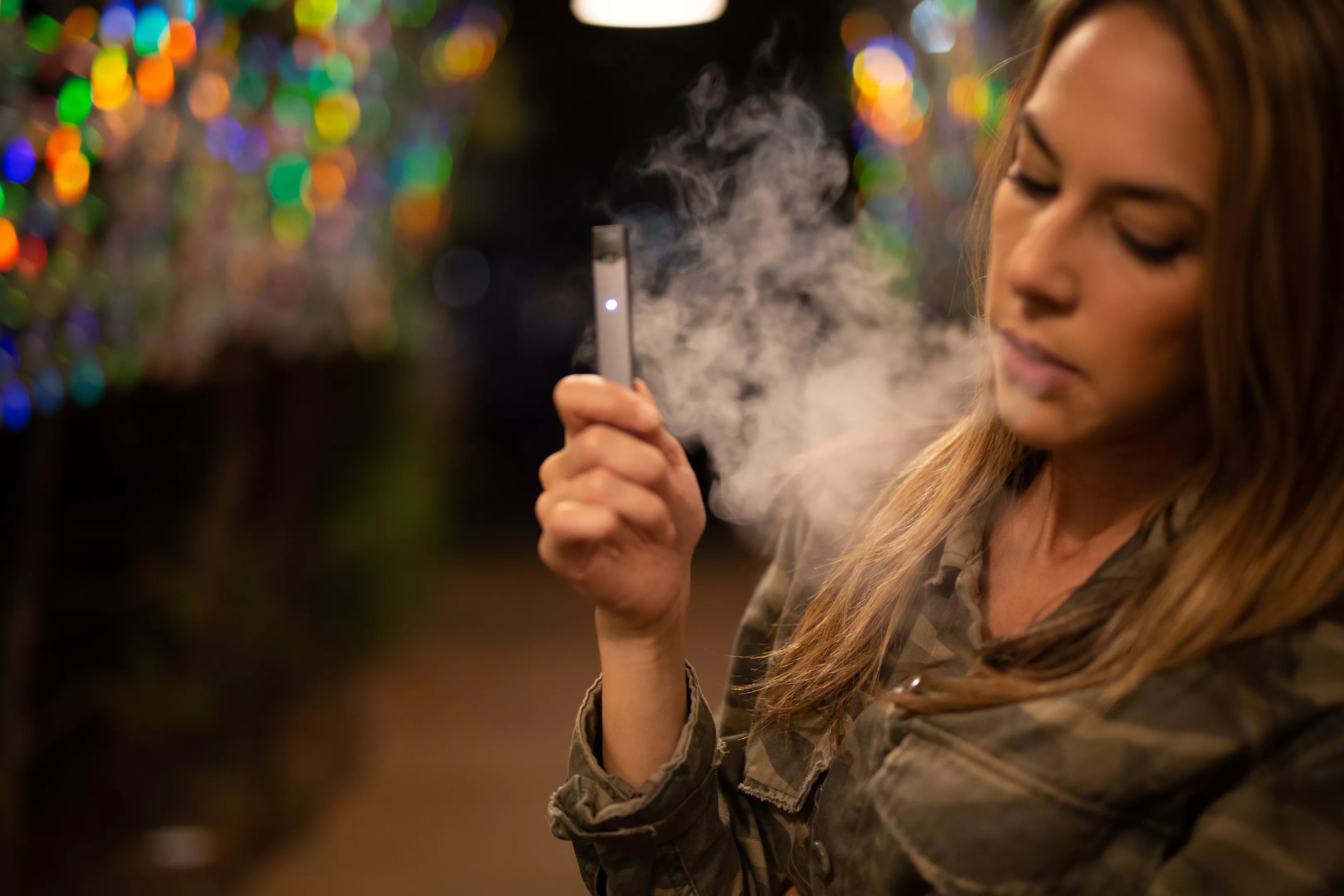
Photo by Sarah Johnson / Flickr

Audio By Carbonatix
For a while, cigarette smoking seemed to be a thing of the past. But thanks to the Juul e-cigarette, a youth nicotine epidemic has arisen.
According to the FDA, e-cigarette use increased 78 percent among high-school students and 48 percent among middle-school students from 2017 to 2018. Last fall, the FDA officially called e-cigarette use among youths a crisis that must be immediately addressed to stop kids from getting hooked on nicotine.
Now, one Fort Lauderdale law firm is stepping in. This week, attorneys with Schlesinger Law Office filed a motion for a preliminary injunction in federal court to ban the sale of Juul e-cigarettes across the United States. The motion cites the company’s deceptive marketing and failure to obtain FDA pre-market authorization to sell its electronic devices, which resemble USB flash drives.
“The motion to enjoin Juul from selling its products seeks only to treat the company as it should have been all along,” says Jonathan Gdanski, an attorney at Schlesinger. “You don’t get to sell a tobacco product, take over the marketplace, and then ask for permission for that product after it is ingrained in society.”
Juul is one of five brands that control 97 percent of the nation’s e-cigarette market due to its popular flavored pods, which appear to have been marketed toward teens. The company is expected to rake in $3.4 billion this year alone.
Although Juul has said it will stop marketing its devices on Facebook and Instagram and selling its flavored pods in stores, many critics believe the move is too little, too late because many kids are already addicted.
Lawsuits thus far allege the company violated federal racketeering laws for deceiving teens into thinking its product had no negative health implications and then denying such action.
“Juul knew that its e-cigarettes were unsafe for non-smokers and that the product posed a risk of aggravating addiction in those addicted to cigarettes,” Schlesinger attorney Jeffrey Haberman says.
This past April, Schlesinger Law Offices filed a class-action lawsuit against Juul on behalf of a 15-year-old girl from Sarasota, claiming she is addicted to nicotine as a result of Juuling. Additionally, Miami resident Sabrina Zampa also sued the company in November, saying her sons cannot quit vaping and were not aware that Juul pods contained nicotine.
Just last week, Forbes reported that Maxwell Berger, a 22-year-old from Connecticut, filed a lawsuit against Juul stating his two-a-day pod addiction caused him to suffer a massive stroke that has left him with left-side paralysis and speech and vision impairments. Like all of the other lawsuits, Berger’s suit alleges Juul marketed its device to kids and portrayed its use to be safe and fun.
Yesterday, the same day Schlesinger filed the lawsuit, Juul executives testified before the House Oversight Subcommittee on Economic and Consumer Policy regarding the rise of e-cigarette use among teens.